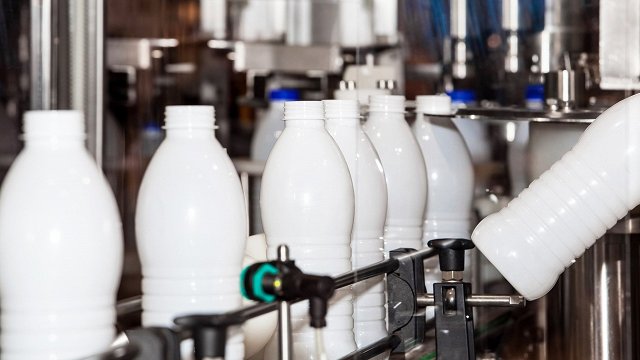The farm “Lejas-Kaivēni” had been active in the dairy industry for 30 years, but last year the tough decision was made to abandon dairy farming.
“Here we had calf cages when calves were born. And here at the beginning [..] there were one or two cows, [..] but then we expande, and it ended up being 21 cows. And no one needs this milk duct anymore either,“ said Paulis Jaseris, owner of Lejas-Kaivēni.
The barn is currently being adapted for meat cattle as a new area needs to be sought that will ensure survival.
“When we did dairy farming, I had a bundle of bills standing by Christmas and no money, but now I have money in my account and wallet,” said Jaseris.
Last year, 1,050 dairy farms were eliminated. The number of dairy cows has also dropped by nearly 9,000. For example, there are 24 small farms in the “Bites” dairy cooperative. Last year, 10 suspended their activities in the dairy sector. The co-op's chief executive said it was small family farms that were hit hardest because the price of buying milk varies significantly.
"Milk buyers are putting the emphasis on big farms, even though we're doing the hard work because we drive 200 kilometers so we collect milk from rural people, family farms and take it to the end point, but we're paid less than large farms where the [buyer] comes up to collect the milk,” said Biruta Pudniece, chairwoman of the board of the dairy farmers' co-op “Bites.”
The cooperative has an average number of 14 cows per small farm. They currently have a milk purchase price of 40 cents per kilogram of milk. It only allows you to survive, not develop.
Meanwhile, the Agriculture Ministry said the market price for milk procurement cannot be affected or compensated by the state.
"The aid is quite remarkable but the price difference that can be taken from the market we cannot make up for. And the most important thing for us in Latvia, looking to the future, is to have powerful, modern processing, which is also able to provide farmers with a higher price," Agriculture Minister Armands Krauze (Union of Greens and Farmers) said.
Almost EUR 10 million is planned for the milk sector as breeding activities payments from the State budget in 2024. This year, the total funding for insurance is 15.7 million euros, while the total funding for agricultural primary producers is 21.6 million euros.




























